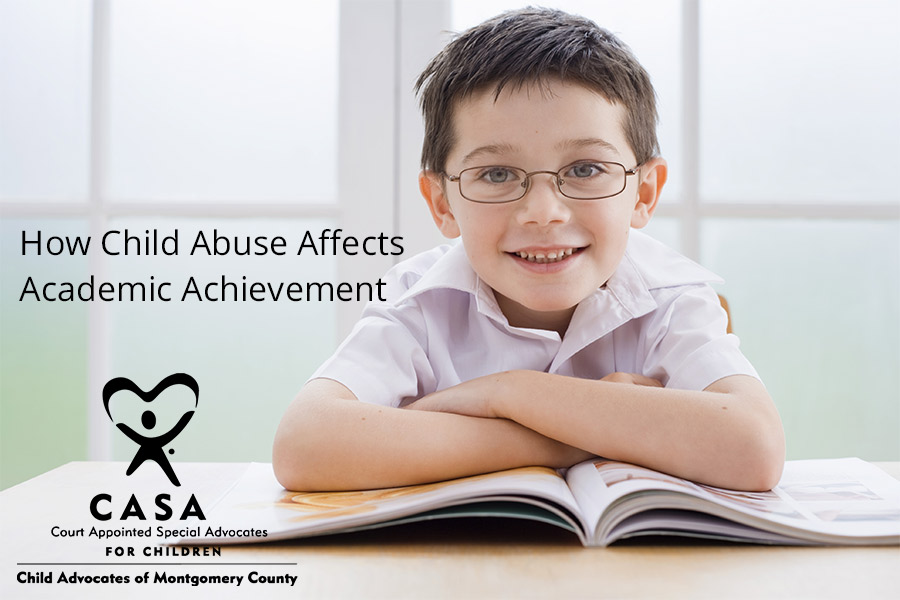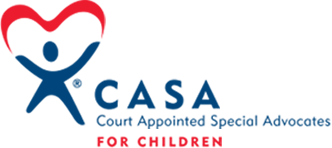How Child Abuse Affects Academic Achievement

Unfortunately, it is a largely accepted fact that abused and neglected children are at higher risk for lower academic achievement. Additionally, studies show that children who have suffered from neglect exhibit lower academic achievement children who were physically abused. Mistreated children have a greater instance of exhibiting poor social skills and classroom behavior problems. Maltreatment in the first five years of life nearly triples a child’s likelihood of having academic problems. These children are far likelier to drop out of school before completing high school. According to research, children with special educational needs are more than seven times more likely to suffer physical abuse and neglect. Lower academic success can cause lifelong, negative psychosocial and economic consequences.
In sexually abused children, cognitive ability and memory scores as well as academic achievement are lower than their peers. Most people do not realize that child sexual abuse is one of the most significant risks facing children today. One in ten children is the victim of sexual abuse. A study of sexually abused 7-12 year-old girls showed: 39% displayed academic difficulties, 24% repeated a grade, 15% were enrolled in a remedial class, 48% reported below average grades, and over 37% displayed cognitive ability below 25%. (Daignault & Hebert, 2009).
Of the reports of abuse made by professionals to authorities, school personnel are the source of over 50%. Often the teacher is the first person the child tells. Texas law requires that all school employees participate in a training concerning prevention techniques for and recognition of sexual abuse and other maltreatment of children (TEC § 38.0041) and free training is available. Early identification can help prevent or minimize the damage the child suffers. Multiple victimizations substantially increase the child’s risk of poor academic functioning.
There are many causes for this tragic situation. The barriers foster children must overcome to succeed in school, include multiple school changes, inconsistency of curriculum, lack of communication, and delays in enrollment, among other things.
State legislators are trying to address some of these key challenges and improve educational results for children and youth in foster care. Early in 2013, President Obama signed the Uninterrupted Scholars Act, which addresses providing educational stability to children in foster care by making it easier for schools to release a child’s education records to child welfare agencies without the prior written consent of the parents. With easier access to these records, child welfare agencies can quickly make decisions regarding education stability and ensure that children are promptly enrolled with all school records available when they must change schools.
Not only do children in foster care often have to change schools, but they may have to change homes and families as well, creating another educational disadvantage as well. This inconstancy can be emotional and traumatic, leaving the child feeling that he or she has no real home and no one to really love him or her. Often the CASA Advocate is the only consistent force in this child’s life. Court Appointed Special Advocates are appointed by a judge to represent the child’s best interest, both in and out of court. Advocates spend quality time with the child, getting to know his or her wants and needs, background and personality. Again, in the case of infants and children unable to communicate, the CASA Advocate may be the child’s only voice.
These staggering statistics are troubling to say the least. If you want to help but don’t know where to begin, join us in our war against child abuse. Become a CASA volunteer to give an abused or neglected child hope. You can make a difference in a child’s life for as little as 10 hours per month.
